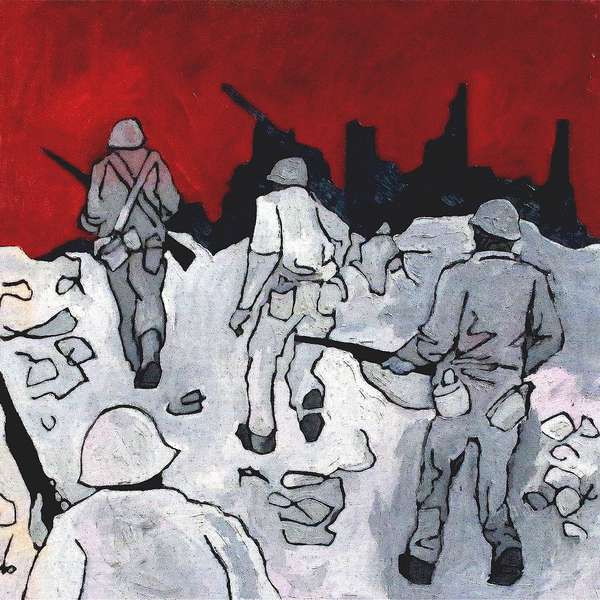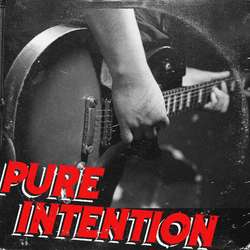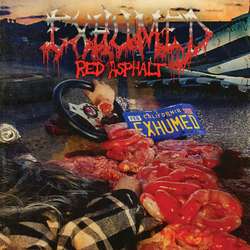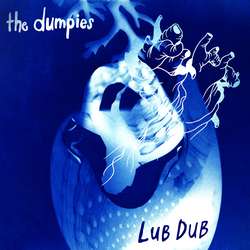Classics of Love have a hill to climb. Considering that leader Jesse Michaels has been in bands like Common Rider, Big Rig and, oh, let’s see…Operation Ivy, there’s always going to be that inevitable comparison between 2012 and 1989. His most recent project takes a definite harder edge than the Common Rider song from which the band draws their name, with 80s West Coast hardcore being one of the key components of a fairly rounded out sound that also draws from more typical Michaels styles like East Bay/Lookout punk and skacore.
Initial impressions with the record are good. There’s a driving energy, a clear structure to the songs, and it just sounds good. Michaels knows how to put a song catchy together and the sound isn’t a stretch from his previous endeavors. There’s a bit of Common Rider-style harmony in “Castle in the Sky” and “Light Rail,” and there’s even a bit of ska with “Castle in the Sky.” “Bandstand” is probably the closest thing I’ve heard to Operation Ivy in a long while, and the energy throughout is powerful. Despite all the name-dropping so far, Max Feshbach’s pummeling behind the kit really defines the record, with the rough-edged hardcore setting Classics of Love apart from the members’ previous bands.
Songs like “World of the Known” and “Dissolve” are aggressive and angry, with a bit of hoarseness creeping into Michaels’ voice. The tempo and anger are pure hardcore, but Morgan Herrell’s basslines are classic East Bay giving a more layered feel. Lyrically, Michaels is his old self. The songs are political in nature, but the lyrics still roll with admirable cohesion given weight of the subject, feeling personal and political alike.
The downside to the record—while not a weakness by any means—is that it’s a bit tied to current events. The general tone expresses that of the Occupy! Movement and, while class struggles aren’t limited to the present, some of the language has a feel that it might be “so 2012” when revisited in a few years. Then again, I doubt these issues will be resolved anytime soon. The record is a call to action, from referencing Woody Guthrie in “Would-Be Kings” to ending the record on the line “we need a change,” there’s a very clear focus.




